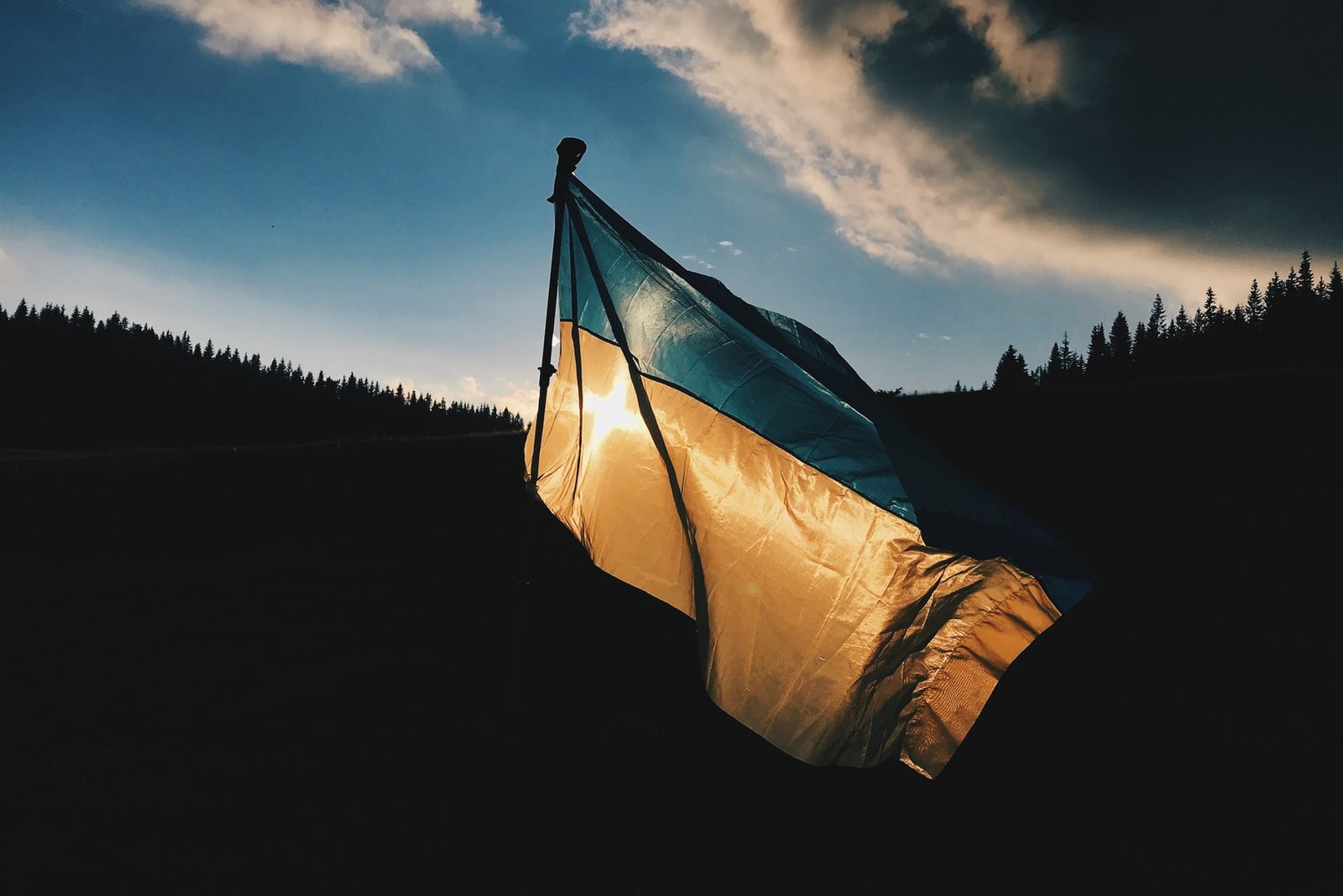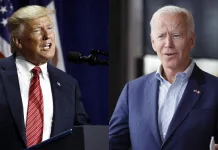In recent weeks, while media giants pushed us to ingest headlines based on a fear-mongering narrative regarding the situation in Ukraine, the likelihood of war seemed unreasonable – the rarity of such large-scale conflict since World War II made the idea unrealistic. If anything, International Relations theories– designed specifically to assist us in analyzing global conflict – such as realism, revealed a reality in which war was highly unlikely. Two rational truths emerged when the realist theory was applied to the Russo-Ukrainian conflict. First, the costs of invading Ukraine outweighed the benefits for Russia, speaking both politically and economically. Second, what we were witnessing was a textbook example of the security dilemma, with a touch of gunboat diplomacy and Russian pride until Putin’s irrationality took the world by surprise.
Two days ago I would have said, no, we are not going to war. Today I defend that, no, we were not supposed to go to war.
The economic disaster that Russia will face for invading Ukraine will be irreversible, and it will signal the end of Russia as a major economy. The media has decided to ignore the interconnectedness between Russia and Ukraine’s economies, and the fact that as a result of the integrated Soviet-era economy, Ukraine is Russia’s greatest trading partner out of all post-Soviet states. Ultimately, the downfall of one will lead to the demise of the other, provoking trust issues and unstable markets in many states under the Russian sphere of influence, such as Belarus and Georgia.
Amongst Ukraine’s other important trading partners, lies China, who despite having released a joint statement with Putin, has explicitly opposed the Ukrainian invasion, raising doubts about whether Beijing will stand with Moscow now that the conflict has escalated into total war. Ever since the rise of industrial China, the Soviet collapse, and the consequential shifts in the distribution of power, Russia now requires China’s support in order to maintain a semblance of legitimacy and sufficient military manpower to stand up to the West. However, unlike NATO, the two countries are not bound by any military treaty, meaning there is a greater incentive for China to abstain from supporting Putin, as it did during the Russian invasion of Crimea in 2014.
China’s current behavior prior to the bombing of Kiev, left us with two possible interpretations. First, it could mean that China’s ‘support’ for Russia is nothing more than words meant to balance the distribution of power against the West and publicly oppose the U.S’s efforts to meddle in international conflicts, as it did during the Iraq War and is presently doing in Taiwan. Second, China’s neutral behavior could have signaled their own interpretation of Putin’s power play as being harmless, revealing how Russia’s decisions to attack Ukraine did not align with the rationality of most countries, including its most important ally.
Sanctions resulting from the conflict will also jeopardize Russia’s worldwide market position; the western market continues to prosper while the Russian market crumbles and their currency hits an all-time low. Germany’s decision to postpone construction of the Nord Stream 2 pipeline, for example, poses disastrous consequences for Russia. Not only will Putin miss out on such a chance to profit from Eastern Europe and exercise influence over a region that appears to have forgotten about Russia, but will also provoke decreased demand for Russian natural resources. Yes, countries that rely on Russian oil will suffer market re-structuring and short-term instability, but the US – or Japan – could easily balance this by expanding its supply channels to other parts of Europe.
Furthermore, despite widespread criticism, economic sanctions will now result in domestic exponential chaos for Russia. Even if Putin has been successful in ‘taming’ the country’s oligarchs, they have lost more than 23.5 billion USD since the revival of the conflict, and it was against the country’s interests to send them to their demise knowing that Russia’s economic stability depends on them. Considering that the Russian oligarchs had not yet experienced such a domestic financial crisis since the start of Putin’s regime, it will be interesting to see whether or not they attempt to gain back their lobbying capabilities, and what that will mean for Putin’s national legitimacy.
Moving on to the second truth extracted through a realist analysis, Russia’s behavior prior to the Kiev bombings was only mimicking state behavior predicted by the security dilemma and gunboat behavior. The security dilemma, proposed by John H. Hertz, states as follows: State A chooses to fortify its borders as a defensive mechanism and does so by increasing the number of armed troops; its neighboring nation (State B) views this as a threat and responds by increasing the number of armed soldiers on its border in order to protect itself against State A. State A then adopts more defensive measures, which eventually results in State B doing the same, triggering a vicious cycle. According to that reasoning, Russia’s aggressive move could have been interpreted as a defensive reaction to the increasing NATO threat, which was followed by Ukraine’s defensive response, trapping them in a never-ending loop of defensive methods with no real conclusive confrontation.
Still, we cannot ignore the recent mobilization of Russian troops into Ukrainian territory, which has surpassed any rational explanation and gone beyond what theories are able to explain. With the absence of China and the considerable facility with which such a strong international market can replace Russia, Putin lacked both political support and economic motivation to engage in real conflict. Instead, he appeared to be navigating the narrow lines of gunboat diplomacy, where his actions did not constitute a war, but threatened one if the response was judged inadequate.
Now, was Ukraine and NATO’s response inadequate enough to trigger war? Quite the contrary – their reaction was exactly what Russia needed it to be. France was humiliated after failing to bring Biden and Putin together at the table. Germany delayed the shutting down of the pipeline, revealing existing hesitation to true multilateral cooperation, and Britain was unable to form a coherent narrative, claiming that Moscow was sending ‘mixed signals.’ Russia did, once again, what it was renowned for it unbalanced the distribution of power in the international arena by revealing the flaws in Western multilateral institutions. It demonstrated that it still had the teeth, the army, and the leader to play an active role in setting the agenda of the international community – all of that before deciding to bomb Kiev. In essence, Putin did not have to go to war, but he still chose to do so. There is no theory that can explain the rationality behind his decision-making, as it is evident that the costs will outweigh the benefits of his decisions.








